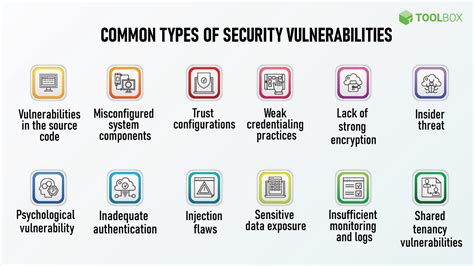The recent discovery of a one-click exploit in KakaoTalk, one of South Korea’s most prominent mobile chat applications, has sparked significant discussions in the tech community. Unlike other global apps like WhatsApp, LINE, or Facebook Messenger, KakaoTalk has kept a relatively low profile outside its home country. However, it remains an integral part of daily life for millions of Koreans, from teenagers to senior citizens. The exploit highlights a critical need for robust security measures and a proactive approach to user protection which transcends borders.
One major point of contention is KakaoTalk’s exclusionary policy on bounty rewards. The policy restricts eligibility for such rewards to Koreans only. This decision, as pointed out in user comments, potentially disregards the app’s international audience—foreigners learning Korean and non-Korean residents of South Korea who use the app regularly. Such a policy not only limits participation from a broader range of security researchers but also paradoxically endangers the very users it seeks to protect by not incentivizing a diverse set of talents to uncover vulnerabilities.
The comments on the article reveal a deeper issue at play—the difference in corporate governance and strategic vision between Asian and Western tech giants. Users compared KakaoTalk to WhatsApp, LINE, and even to ambitious projects like Elon Musk’s X (formerly Twitter). What becomes evident is the stark contrast in how these companies seek to expand their ecosystems. While X wants to be a ‘superapp’ like WeChat, leveraging a single platform for various needs, Facebook seems to be stuck in a rut despite having a robust framework to potentially rival these Eastern giants.
The success of KakaoTalk and other local apps in Korea points to a broader trend of protectionist policies which prioritize local tech ecosystems over international competition. This has both positive and negative ramifications. On one hand, it safeguards sensitive user data from foreign entities—an increasing concern highlighted by many users. It also fosters innovation within the local market, ensuring that companies like KakaoTalk can thrive. However, these insular practices may stifle broader innovation and prevent the adoption of international best practices, particularly in areas like cybersecurity.
The dialogue around KakaoTalk’s vulnerabilities also highlights the complex terrain of data privacy and user experience. Comments suggest that KakaoTalk’s success within Korea may not necessarily translate to a global scale, as their focus remains predominantly local. For example, while KakaoTalk supports multiple languages, the nuances of user experience and interface often still predominantly favor Korean-speaking users. This can be a significant barrier for tourists or new residents who may find navigating the services cumbersome.
The challenge then for KakaoTalk and similar apps is twofold: to maintain their robust local user base while also adapting to broader international security standards and user expectations. Policies that limit bug bounty programs to a national level could dissuade non-local experts from contributing insights that could secure the app better. A more inclusive approach could help bridge the gap between local success and international applicability, ensuring that security is not sacrificed at the altar of policy myopia. As technology continues to globalize, companies must recognize that security and usability are universal concerns that demand inclusive solutions.


Leave a Reply